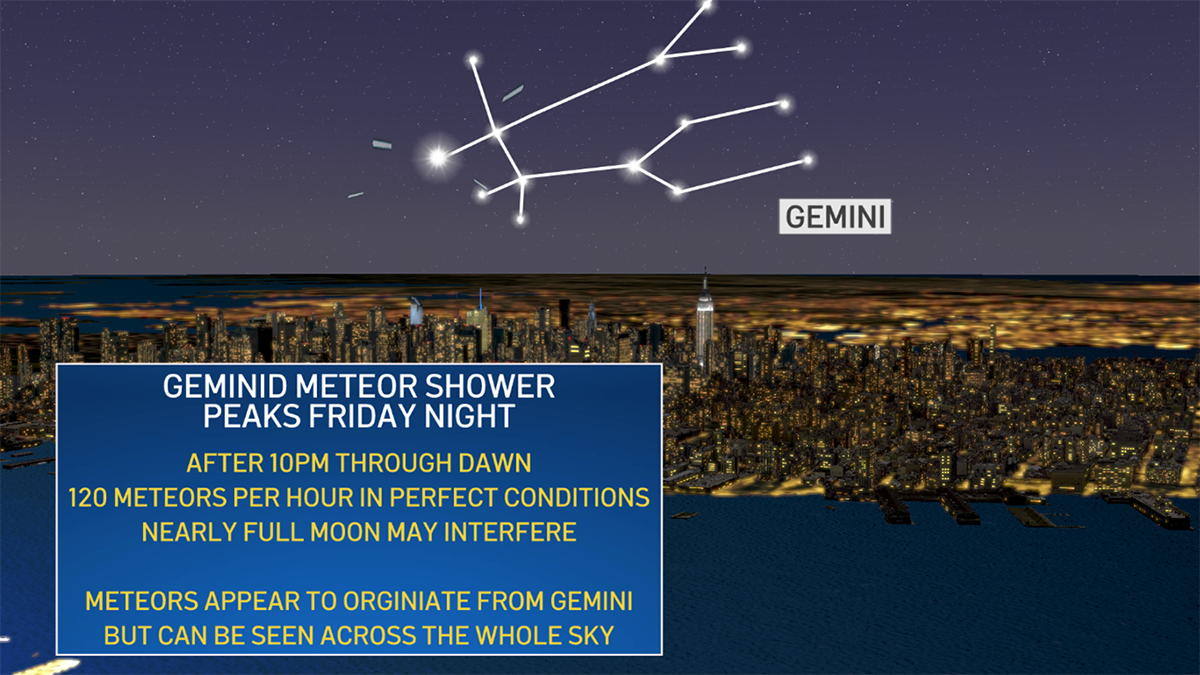Her first shot landed short and her teammate's bounced away. But Kirsten Gillibrand's second ping pong ball splashed home and she threw both arms skyward while her opponents chugged, celebrating a beer pong victory in the most presidential way possible.
The scene on a rainy Friday night in a bar in Nashua, New Hampshire's second-largest city, follows a pattern for the 52-year-old New York senator. She's trailed better-known rivals in the packed Democratic 2020 presidential field in polling and fundraising, but she's making a case for being the coolest candidate in the race.
Driving between New Hampshire events in February, she stopped to go sledding. She's played foosball and baked cookies, arm wrestled and hung out with drag queens at an Iowa bar some call "Gay Cheers."
Other candidates have also sought humanizing moments. New Jersey Sen. Cory Booker played Pac Man at a New Hampshire video arcade, Massachusetts Sen. Elizabeth Warren danced her way through the 2017 gay pride parade in Boston and, while visiting South Carolina in February, Sen. Kamala Harris of California was goaded into trying on, and eventually buying, a multicolored, sequined jacket.
"I'm aware it probably comes across as a gimmick, but in real life it came across as genuine," said Shaye Weldon, Gillibrand's beer pong teammate.
As state director of engagement for the New Hampshire Young Democrats, Weldon meets a lot of presidential candidates — but had never played beer pong with any.
"It's a moment when I see she's a real person," she said of Gillibrand, who sipped most of the night from a glass of a craft, imperial ale called Imp IPA.
Local
Such scenes can feature that most-valued political commodity: authenticity — at least to a point.
Gillibrand's campaign turned the beer pong game into an online ad, freeze framing the candidate mid-toss and seeking donations: "If Kirsten makes this shot" before letting the scene roll to reveal that she does. And an Associated Press analysis of financial disclosures each candidate filed through March showed that Gillibrand spent nearly $840,000 on "communications consulting" services — more than any other Democratic 2020 presidential candidate who listed similar expenditures.
Spokesman Evan Lukaske said doing things presidential candidates don't typically do comes naturally to Gillibrand — not as a result of paid advice. He noted that many of the non-traditional campaign moments came with little or no press around and got noticed organically via social media.
That's been the case for other candidates as well. Beto O'Rourke first solidified his national standing in Democratic circles last summer, after a video of him defending NFL players' national anthem protests was viewed by millions. But he also spent hundreds of previous hours livestreaming more mundane moments to minuscule audiences, which watched him getting his haircut, doing laundry and driving seemingly endless hours to campaign events as he ran unsuccessfully for Senate in Texas.
O'Rourke has shunned political consultants, but also had unscripted-moment missteps, like when he was mocked for posting part of his teeth cleaning online.
With 20-plus Democrats vying for the White House, getting noticed is difficult. Still, Patrick Murray, director of the Monmouth University Polling Institute, said trying to catch fire doing non-presidential-candidate things isn't as important as building support in the first two states that vote in the primary, Iowa and New Hampshire, because most voters elsewhere won't really begin noticing until those races are over.
"There's no point trying to run a media campaign now," Murray said. "One, no one's paying attention. And, two, if you bomb in Iowa and New Hampshire, everything you spent trying to build up a national image is worthless."
As valuable as appearing effortlessly authentic can be, trying too hard to achieve it can backfire.
A rap song backing Ben Carson's 2016 presidential bid tried rhyming his last name with "awesome," Hillary Clinton's 2015 Saturday Night Live appearance as Val the bartender fizzled and President Gerald Ford, while visiting San Antonio in 1976, took a bite out of a tamale without knowing to remove the corn husk first.
More recently, Warren faced criticism for attempting to seem overly down-homey when she declared on Instagram from her kitchen on New Years Eve, "I'm gonna get me a beer" before grabbing a Michelob Ultra.
"There's always a risk ... that the effort to show the candidate acting like a real person shows them not to be a real person because they've spent their entire life in politics," said Adam Sheingate, author of "Building a Business of Politics: The Rise of Political Consulting and the Transformation of American Democracy."
Sheingate, chairman of the political science department at Johns Hopkins University, said that U.S. elections are now heavily tied to candidate personality and "a lot of voters kind of know this, and so, as a result, these kinds of efforts that are overly crafted images can fall flat because it's like, 'Whatever. We know why they're doing this.'"
"But candidates will do it anyway," he added, "because they have to get their name out there."



